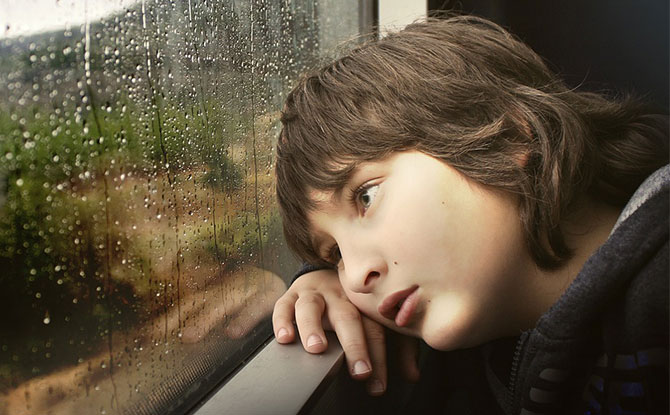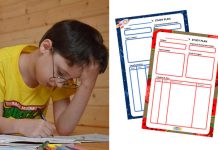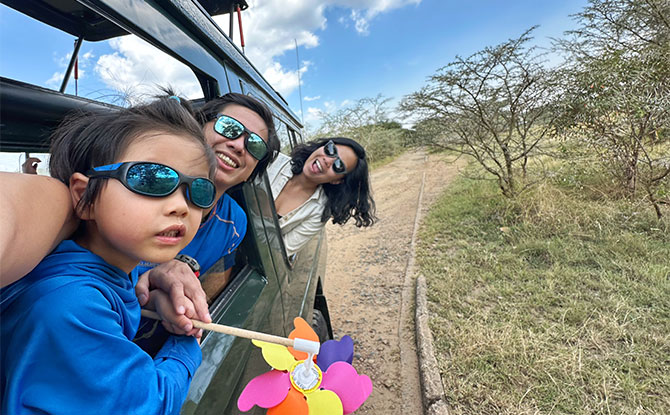
Sleepwalking in children can be a great source of worry for parents. It may especially cause anxiety if the sleepwalking is persistent and there are multiple episodes.
We ask Dr Jenny Tang, Senior Consultant Paediatrician at SBCC Baby & Child Clinic (Asthma, Lung, Sleep, Allergy & Paediatric Centre), about sleepwalking in children and what can be done.
Sleepwalking in Children: Causes & What to Do
1. What causes sleepwalking in a child?
Dr Jenny: Factors that may increase the risk of sleepwalking include: Genetics – Sleepwalking appears to run in families. It is more common if you have one parent who has a history of sleepwalking, and even more common if both parents have a history of the disorder.
Sleepwalking is an arousal disorder from deep sleep. It occurs more often in children than adults as children have a higher percentage of experiencing deep sleep. One study found that about 29% of children sleepwalk with a peak age of 10 to 13 years old.
Year-end Holiday Camps: Discover Fun and Exciting Camps for Kids; Book Early
Farm Fright: Join City Sprouts For Their Halloween Bash On 26 Oct
Most outgrow this by their teenage years and the adult prevalence is about 4%. Onset in adulthood is more likely related to other underlying conditions.
Factors that may trigger episodes of sleepwalking include:
- Sleep deprivation
- Stress
- Fever
- Sleep schedule disruptions, travel or sleep interruptions (startle with loud noise or touch)
- OSA
- Restless legs syndrome (RLS)
- Gastroesophageal reflux disease (GERD)
- Some medications such as sedatives
2. I discovered that my child is a sleepwalker. How do I stop a sleepwalking child?
Dr Jenny: Gently guide a sleepwalking person away from potential dangers and lead the person back to bed. A calm, quiet, soothing voice and a light touch may be useful in directing them.
Do not try to wake the child up from a sleep walking episode as this may provoke fear and agitation or cause confusion and disorientation.
3. Is it possible for my child to sleepwalk and talk?
Dr Jenny: Yes. Children who sleepwalk may sometimes do routine activities like getting dressed, eating and talk.
The speech however is usually incoherent and make no sense. They may also engage in unusual behaviour like urinating in a closet.
4. What are the steps to mitigate him or her from walking into danger?
Dr Jenny: Keep the bedroom environment safe to avoid accidents. Avoid sleeping on the top of a bunk bed. Keep the bedroom free of clutter and potentially breakable or harmful objects. Keep windows locked and fit safety gates at the top of the stairs.
5. What are some treatments for sleepwalking in children?
Dr Jenny: Most kids will outgrow sleepwalking before puberty and few will continue to have this problem in adulthood.
Recognising and minimising triggers will help.
Developing good sleep routines with regular bedtimes with sufficient sleep.
Limit drinks, especially ones containing caffeine before bedtime and encourage using the toilet before sleep. Make sure the bedtime environment is quiet and dark.
Engage in relaxing activities before bedtime e.g., reading, deep breathing, having a warm bath before bedtime.
If your child tends to sleepwalk around the same time on most nights and has frequent episodes, gently arousing them 15 to 30 mins before the anticipated episode may help prevent it from occurring.
This is done by altering their sleep cycle through anticipatory or scheduled awakenings.
Treating co-morbid sleep problems such as OSA, RLS or GERD is another solution, as these problems cause arousals from deep sleep and trigger more frequent sleepwalking episodes.
In cases where stress or anxiety may be a main cause, seeking help from a health professional through counselling, relaxation techniques and self-hypnosis will be helpful in treating sleepwalking
Addressing Questions about Sleepwalking in Children
Thank you, Dr Jenny for helping to address these questions that parents have about sleepwalking in children.























